Coeliac Disease Dietitian

What should i eat if i have celiac disease.
Coeliac disease dietitian. An intake of 1000 mg 1500 mg each day is recommended. Those with coeliac disease have a higher requirement for calcium. This is partly due to having poor absorption of calcium when gluten has been included in the diet. Coeliac disease cd is a condition affecting the small bowel damaging the lining and preventing absorption of food nutrients.
For example whole grain breads and other products are natural or enriched sources of the following. Cd affects about one percent or one in every hundred people. Those with coeliac disease are more at risk of thinning of the bones osteoporosis. This nutritionally balanced meal plan provides three meals and two snacks each day with easy to make recipes and quick fixes for those on the go.
A strict gluten free diet also known as the celiac disease diet must be followed to allow your body to heal. Research indicates that pure uncontaminated oats consumed in moderation up to cup dry rolled oats daily are tolerated by most people with celiac disease. Iron calcium fiber thiamin riboflavin niacin folate. Because of all these nutritional risks the american celiac disease alliance the digestive disease national coalition the gluten intolerance group of north america and many individual doctors recommend that a registered dietitian should be part of the healthcare team that monitors the patient s nutritional status and compliance with the diet.
You should avoid all products that contain gluten such as most cereal grains and pasta and many processed foods. If you have celiac disease and consume even small amounts of gluten damage to. An immune reaction to gluten proteins in wheat rye barley triticale and oats is responsible for the inflammation and damage to the small bowel. Look for oats specifically labeled gluten free in all products containing oats including granolas and granola bars.
Avoiding foods with gluten is critical in treating celiac disease. Learn more about how to determine whether your patient may have celiac disease the testing procedures and how to monitor gluten exposure on the gluten free diet. In addition discuss gluten free food choices with a dietitian or health care professional who specializes in celiac disease.
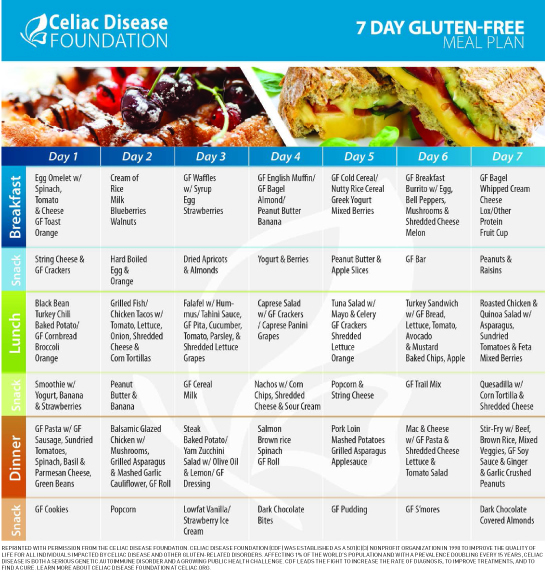
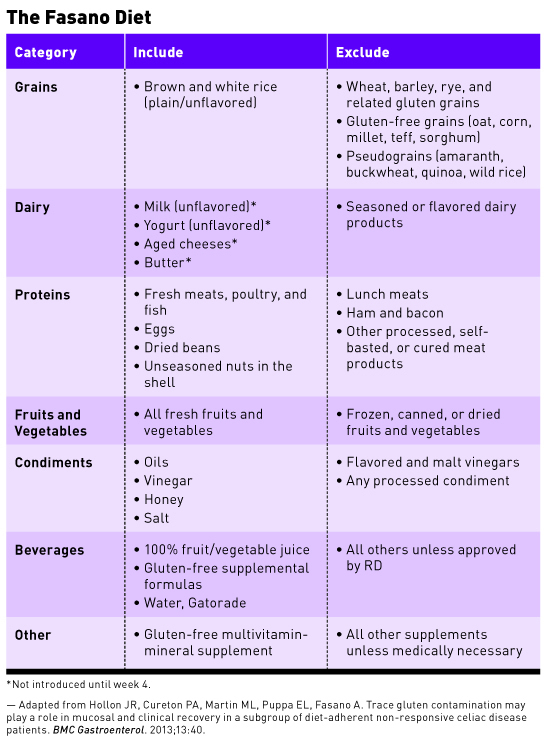
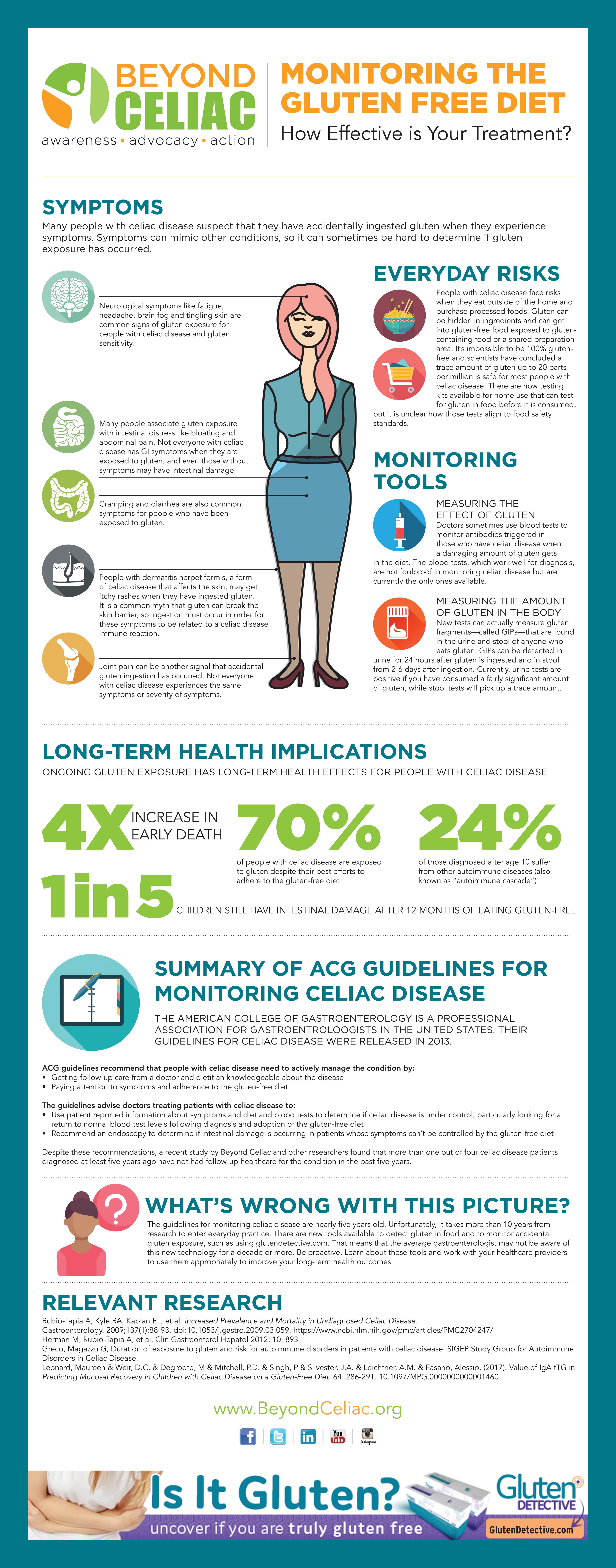

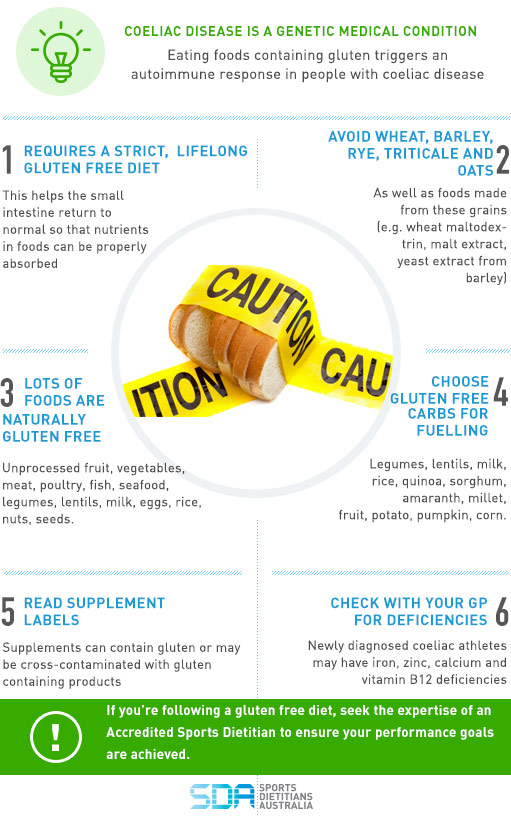
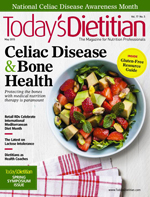

/medical-consultation-530694666-57eea7cd3df78c690fec6cf8.jpg)










